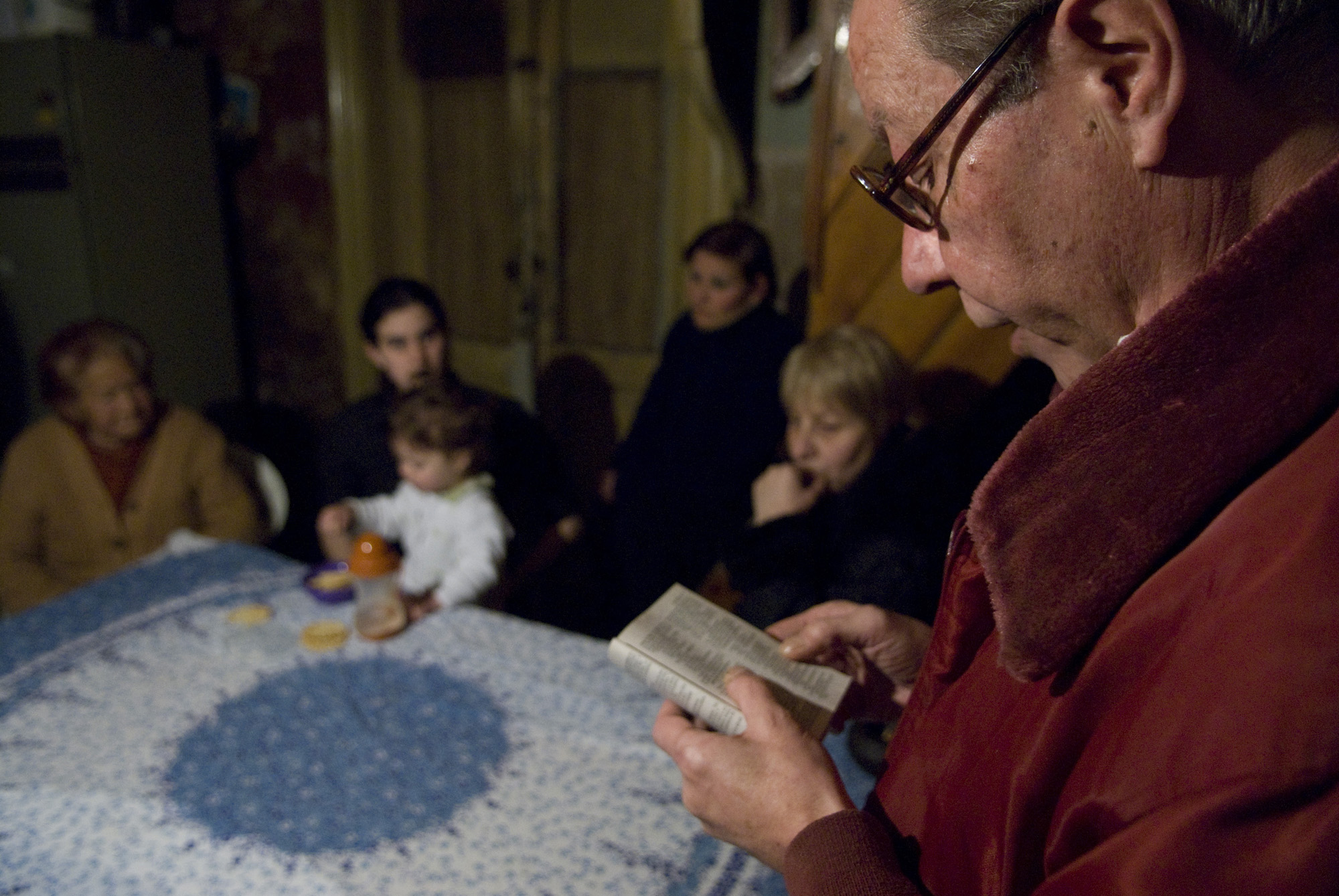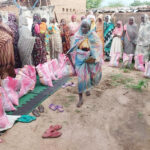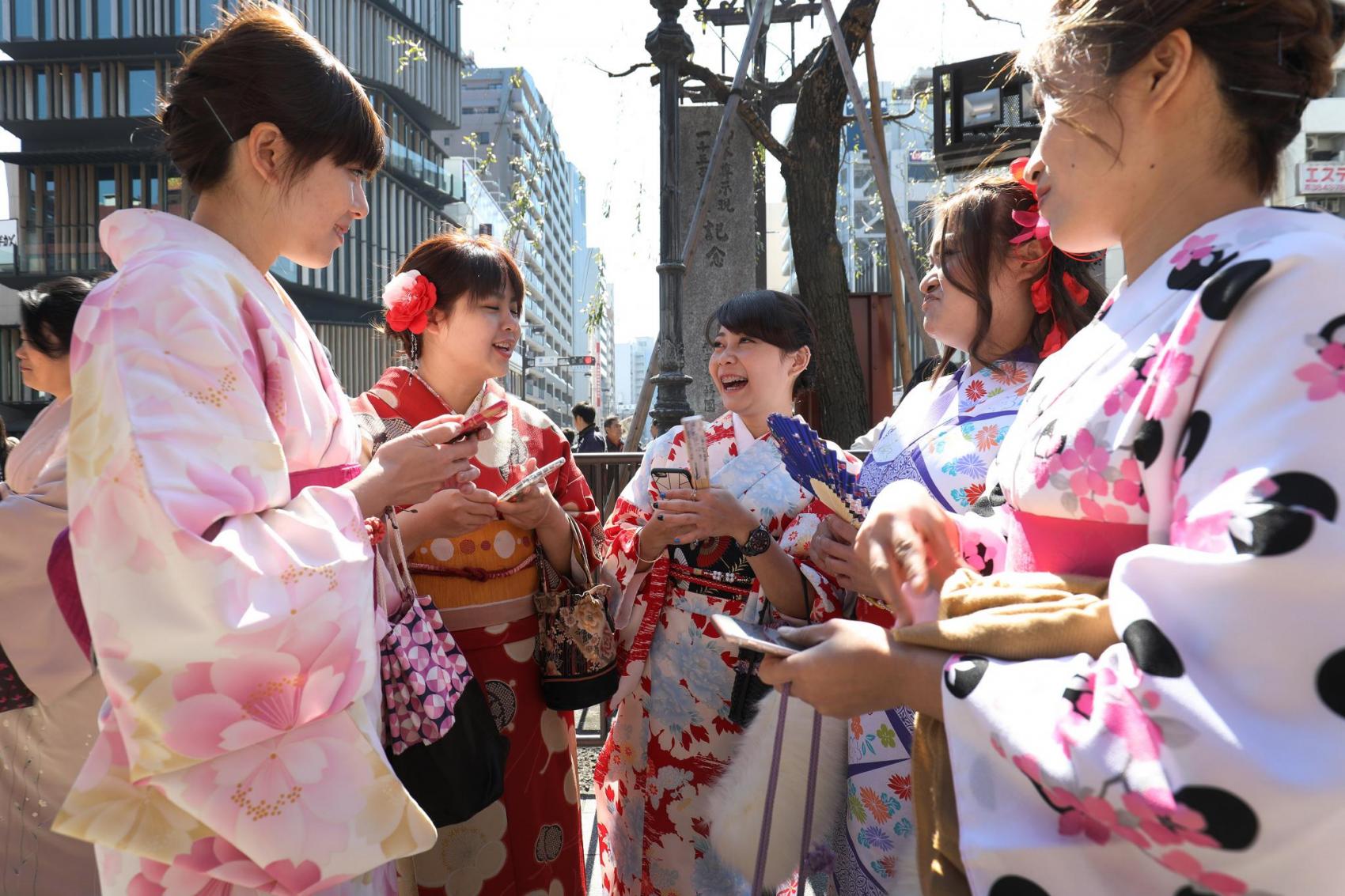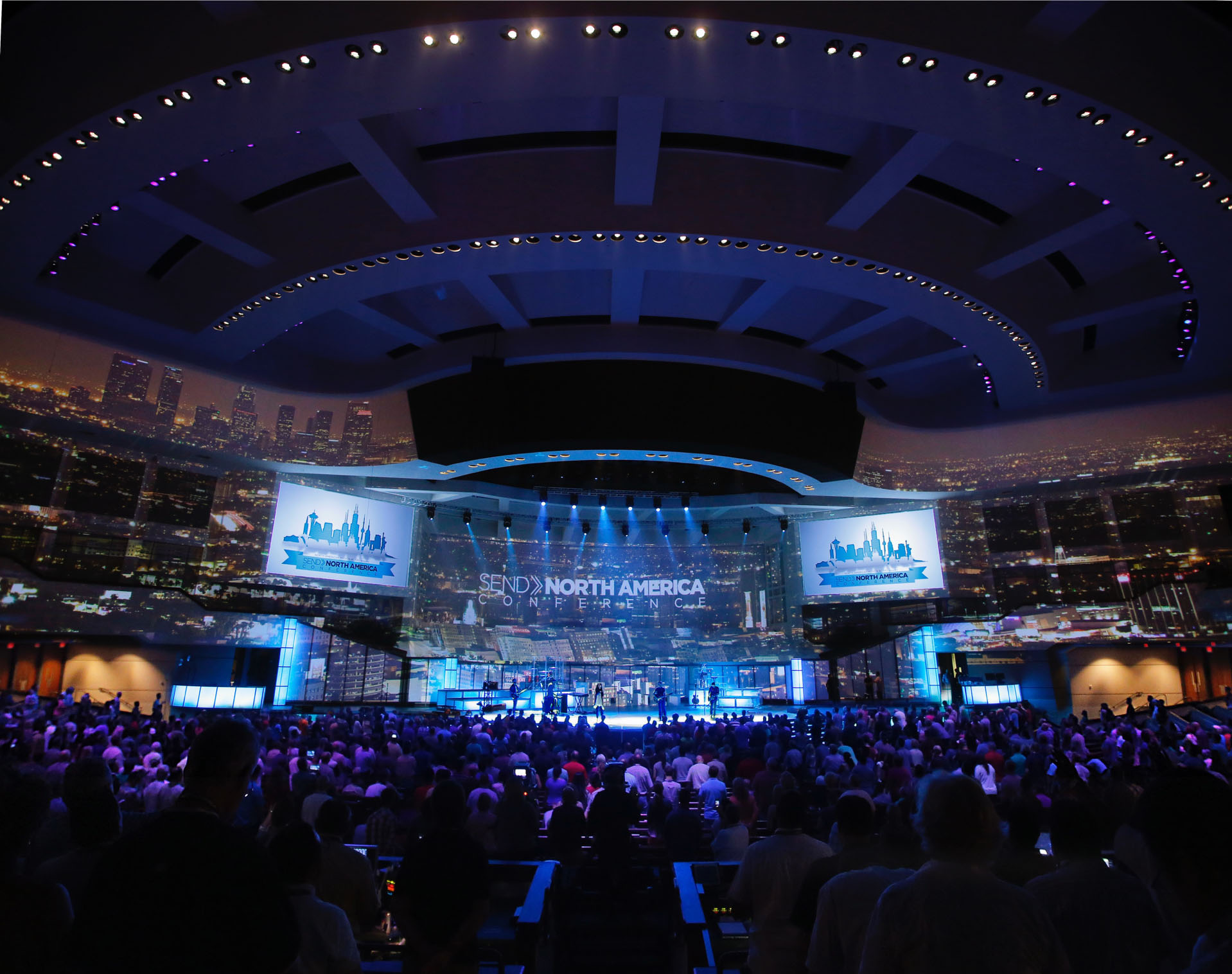
BUENOS AIRES, Argentina (BP)–A single light bulb hangs from a roof beam, dimly illuminating the main room in Maria’s home in Floresta, a working-class neighborhood in Buenos Aires.
There’s nothing fancy about the place — a wooden table and some chairs, a cramped kitchen area, a smoky brazier that doesn’t quite take the chill off the night air. But it’s all Maria, an elderly widow, can afford, and she welcomes the home group each Saturday evening for Bible stories and conversation.
They sit around the table chatting, laughing and drinking hot tea out of steaming cups. The group includes several of Maria’s adult children, some friends — and Jason and Kelli Frealy, young Southern Baptist missionaries from Longview, Texas. The Frealys’ 2-year-old daughter, Daniela, explores the room while the adults talk.
Tonight’s topic: Jesus’ parables of the wide and narrow roads (leading to destruction or salvation) and the two foundations of a home (sand or rock). After Frealy tells the stories, everyone jumps in to discuss, debate and argue their meaning. Roberto, who introduced the Frealys to the others, challenges several of the participants to make a firm decision for Christ. Later, they pray for one another’s needs and drink more tea before dispersing into the night.
Could this group be a church in the making? The Frealys hope so. There’s no guarantee it will succeed, of course. Several of the original participants have stopped coming, but others remain faithful.
The door to meeting people in the group opened when Frealy befriended Roberto, a retiree. It was an unlikely friendship: Jason is 28, Roberto 65. But both are former policemen. The Frealys invited Roberto, his girlfriend and his sister over for meals and wove Bible stories into dinner conversation.
One night, Roberto thanked them for their hospitality but added, “We don’t want your food. We just want to hear your words.”
“We just happened to be there at the time God had made them ready,” Kelli said. “They asked for more. They kept coming. It was entirely God.”
The meeting switched to Maria’s home, and a group of relatives and friends began coming. What connects them, besides their hunger for God? Existing relationships.
“That’s one of the big differences between traditional church planting and the home church approach,” Jason said. “Traditional churches tend to reach out to their neighborhood. Home churches reach out to people within their circle of influence. You can have one person living on the fourth floor of a building in one neighborhood who invites someone from the sixth floor of a building in another neighborhood who invites a relative from the third floor of another building — and they all meet together in an apartment.”
He calls such groups “relationship circles.” They offer a way to cut through the suspicion, fear and locked doors that prevent Christians from connecting with people in Buenos Aires and other major cities.
“Sometimes driving in the city, I just pick out an apartment balcony and think, ‘Who lives there? How many people are in the family? What do they believe? What are their dreams? What are their hopes?'” Jason said.
“What I’d like to see is home groups in these apartment buildings. It’s not geographical; it’s relationships. And it needs to be reproducible. Our idea is rapidly reproducing home groups that ultimately will be baptizing, practicing church ordinances and, hopefully, starting other groups.”
–30–
Erich Bridges is a global correspondent for the Southern Baptist International Mission Board. View a multimedia presentation about Buenos Aires — including video, sound and additional photos — here.



















